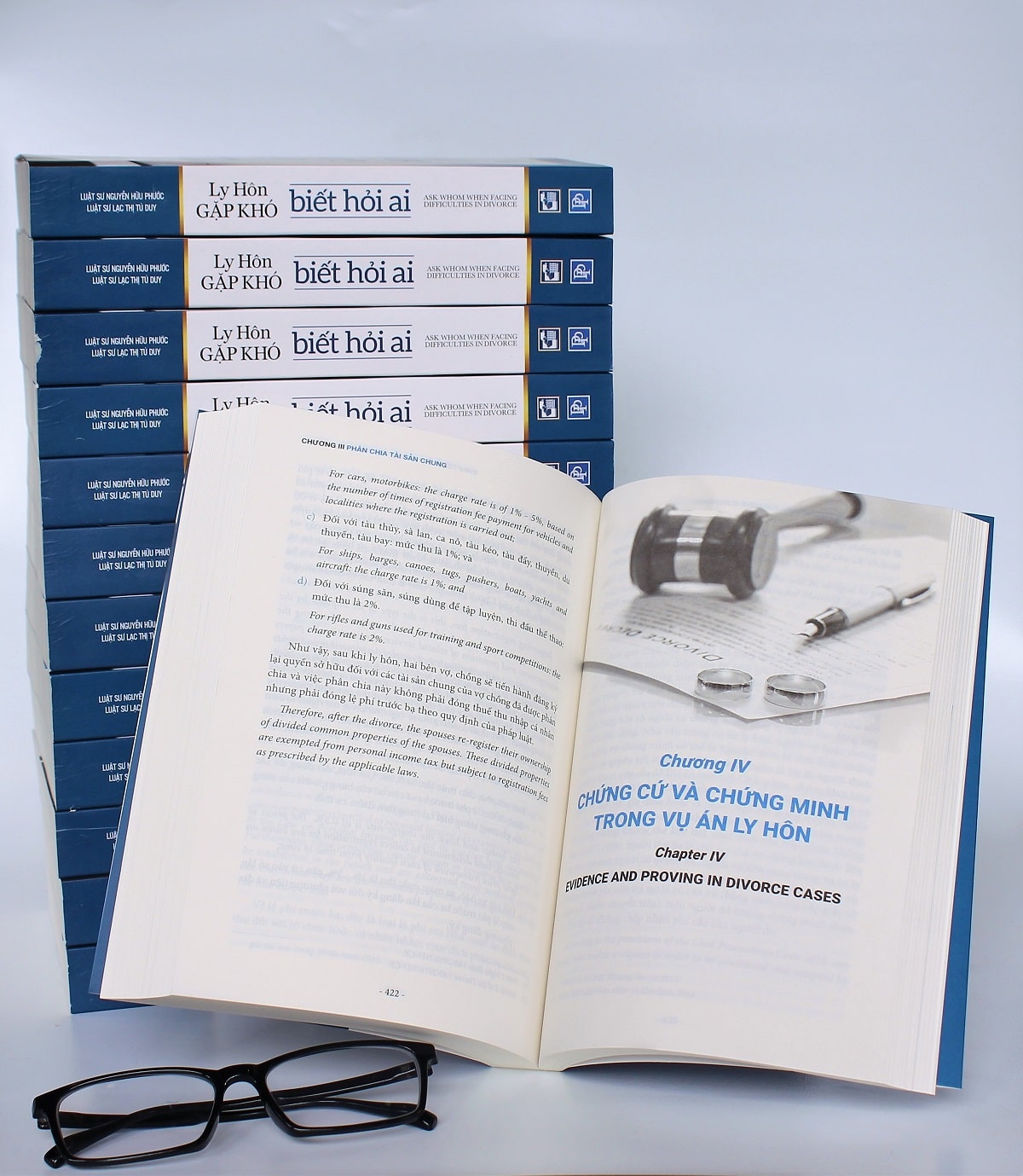In case the litigant in the divorce case cannot go to the Court to give testimony; the Judge in charge of the case, if deeming necessary, may take a testimony outside the Court headquarters[2]. Thus, the litigants have the right to request the Judge in charge of the case to take testimonies outside the Court headquarters. In the absence of the spouses’ request, if deeming necessary, the Judge in charge of the case is still entitled to conduct testimonies outside the Court headquarters. This is intended to demonstrate the respect for objective truths and flexibility operated by the Court in the process of taking testimonies before proceeding to the trial hearing.
The procedure of taking litigants’ testimonies stipulated in the law is relatively strict to ensure that it will be conducted objectively and accurately. Accordingly, the litigants must write their own statements. In cases where they cannot write by themselves, the Judge or the Court Clerk shall write the testimony in the minutes. The minutes of the litigants’ testimonies must be re-read or heard by the declarant then be signed or fingerprinted. The litigants have the right to request amendments and additions to the minutes of testimony and sign or fingerprint for certification. The minutes must be signed by the ones who made the testimonies, the minutes taker and the Court’s seal; if the minutes is made in separate pages, each page must be signed and sealed. In cases where the testimony is taken outside the Court headquarters, the testimony must be witnessed by witnesses or certified by the State agencies in the local communes, wards or district where the minutes is taken[4]. For example, the testimony can be witnessed by agencies such as the People’s Committee of the commune or the police of the commune where the minutes is made.
[2] Articles 98.1 and 99 of the Civil Proceedings Code 2015.
[4] Article 98.2 of the Civil Proceedings Code 2015.
If you would like more information on how we can assist you with divorce issues, please contact us at: +84 (28) 36223522 or email us at info@phuoc-partner.com

